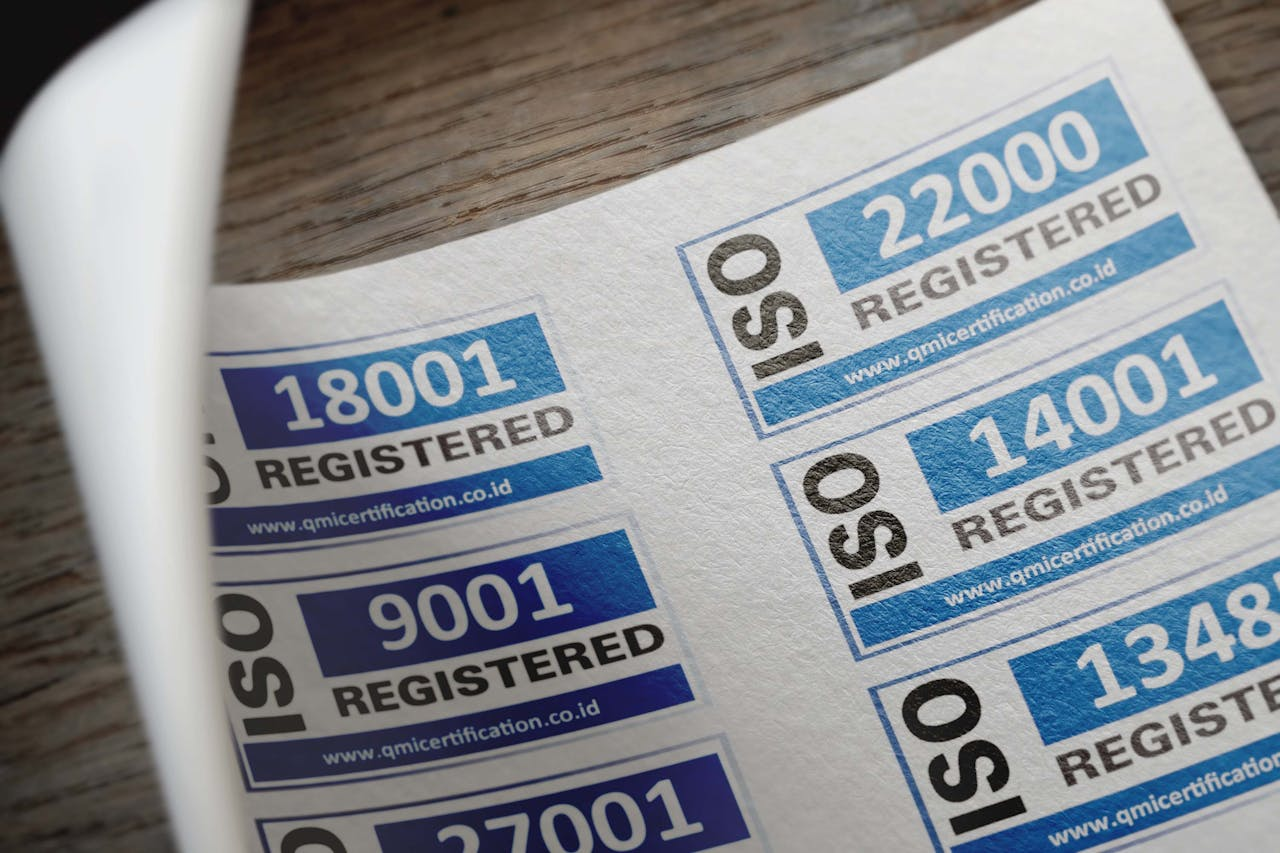
Government purchasers—those responsible for acquiring goods and services for military and public sector use—require specific value elements to ensure that their procurement decisions meet very specific needs.
-
The variety of agencies is massive. Military buying needs vary greatly by branch of service. Government agencies can have common standards, but also require unique value drivers to be met.
-
A growing number of military and government buyers are contractors from the private sector. In addition to meeting B2G value needs, they also bring over B2B value needs from the private sectors.
-
While there are fast track procurement opportunities, many government and military contracts move slowly compared to B2B procurement. This can result in multi-year and complicated engagements where requirements evolve over time.
Making a comprehensive list of all the government customer needs is very difficult but here is a few to get you started.
Cost-Effectiveness
-

Initial Price
Can your business compete on pure initial price? B2G purchases must meet low cost/acceptable guidelines. This often also requires the business vendor to have a maximum verified margin of cost plus 20%.
-

Total Cost of Ownership (TCO)
Beyond initial purchase price, how well can your business compete on TCO which includes maintenance, operation, and disposal costs?
-

Budget Reductions
Sometimes government budgets are based on reductions from the initial requests for information (RFI). How well can your company trim the fat and still keep the other value elements intact?
Compliance and Regulatory Alignment
-

Safety Requirements
The government sets standards for safety and these must be monitored and met to continue to do business. Can your company keep up with changing safety requirements for the U.S. and international markets?
-

Legal Requirements:
There are many procurement laws (e.g., FAR in the U.S., public procurement rules in other countries). How well does your organization understand these and proactively manage business operations to meet expectations?
-

Certifications and Standards
Agencies look for various certification standards from vendors they use. These include: ISO certifications, cybersecurity compliance, and environmental standards. How up-to-date are you on upcoming changes?
-

Diversity Goals
The rules are changing again. How well does your organization stay current with advantages involving small, minority-owned, veteran-owned, or women-owned businesses?
Reliability and Performance
-

Proven Track Record
Has your company done business direct with the government before? Do you have demonstrated success with same category or other agencies or sectors?
-

Durability and Performance Metrics:
How well do your Product/services stack up to other choices when it comes to reliability and performance? Do you offer performance guarantees?
-

Service Level Agreements (SLAs)
Similar to product performance guarantees, SLAs include milestones where your prototypes, proof of concept, products and services are clearly evaluated in order to receive payment. What is your organizations’ track record on achieving milestone deliverables tied to payment?
Security and Risk Mitigation
-

Cybersecurity Protections
Thru various agencies and presidential orders, the government restricts the use of technology from foreign countries to prevent security risks. How well does your company follow these rules?
-

Supply Chain Resilience
Did COVID disrupt your operations? Breech of contract due to sourcing and logistics continuity is something the government takes very seriously. How well do you stack up on this?
-

Risk Management Plans
Agencies and laws are constantly being reworked to lower risks. Does your organization have processes to identify future government policies, identify risks and propose mitigation strategies?
Transparency and Accountability
-

Contract Clarity
Do the pre-contract disciplines and sales material you provide contain well-defined deliverables, timelines, penalties, and change management processes?
-

Auditability
Fully transparent accounting and tracking processes are important to government purchasers. Does your organization advocate clear documentation and reporting practices?
Sustainability and Environmental Impact
-

Green Procurement Practices
Does your organization advocate eco-friendly materials, low emissions, and energy efficiencies? Are you keeping up with the latest changes here?
-

Lifecycle Sustainability
Has your company invested in environmental impact studies throughout the product/service lifecycles?
Innovation and Future-Proofing
-

Scalability:
Can your company keep up with the government’s need for improved versions and higher quantities?
-

Technology Relevance
Are your technology standards up-to-date, adaptable, and compatible with current systems? Do you proactively provide API’s and Open Architecture systems?
Vendor Capability and Support
-

Financial Stability
How big is your financial foundation? Do you have the ability to sustain a long-term partnership?
-

Customer Support
What is your level of availability and responsiveness of support teams? Business hours? 24/7? Live agent with technical support?
-

Training and Transition Support
Do you provide help with onboarding, integration, or training government personnel? Do you provide access to licenses and expertise that is often required when selling to the government?
Selling to the government, whether federal, state, or local, can offer numerous advantages for businesses of all sizes. It’s important to meet some unique value drivers and offerdiscriminators beyond low price.
“The appearance of U.S. Department of Defense (DoD) visual information does not imply or constitute DoD endorsement.”
